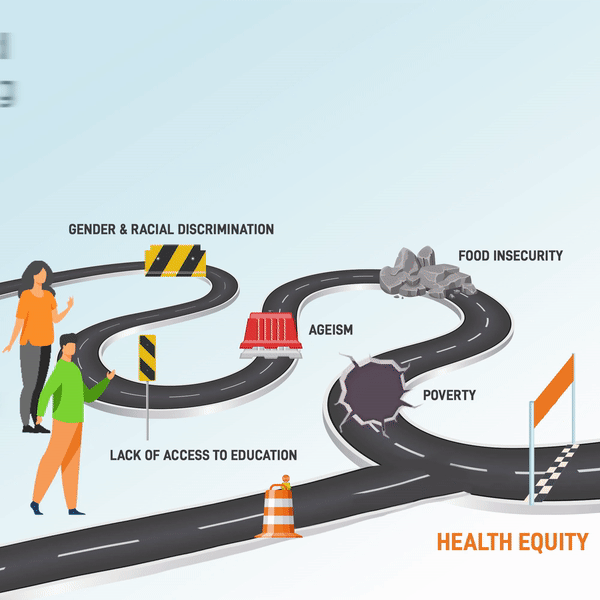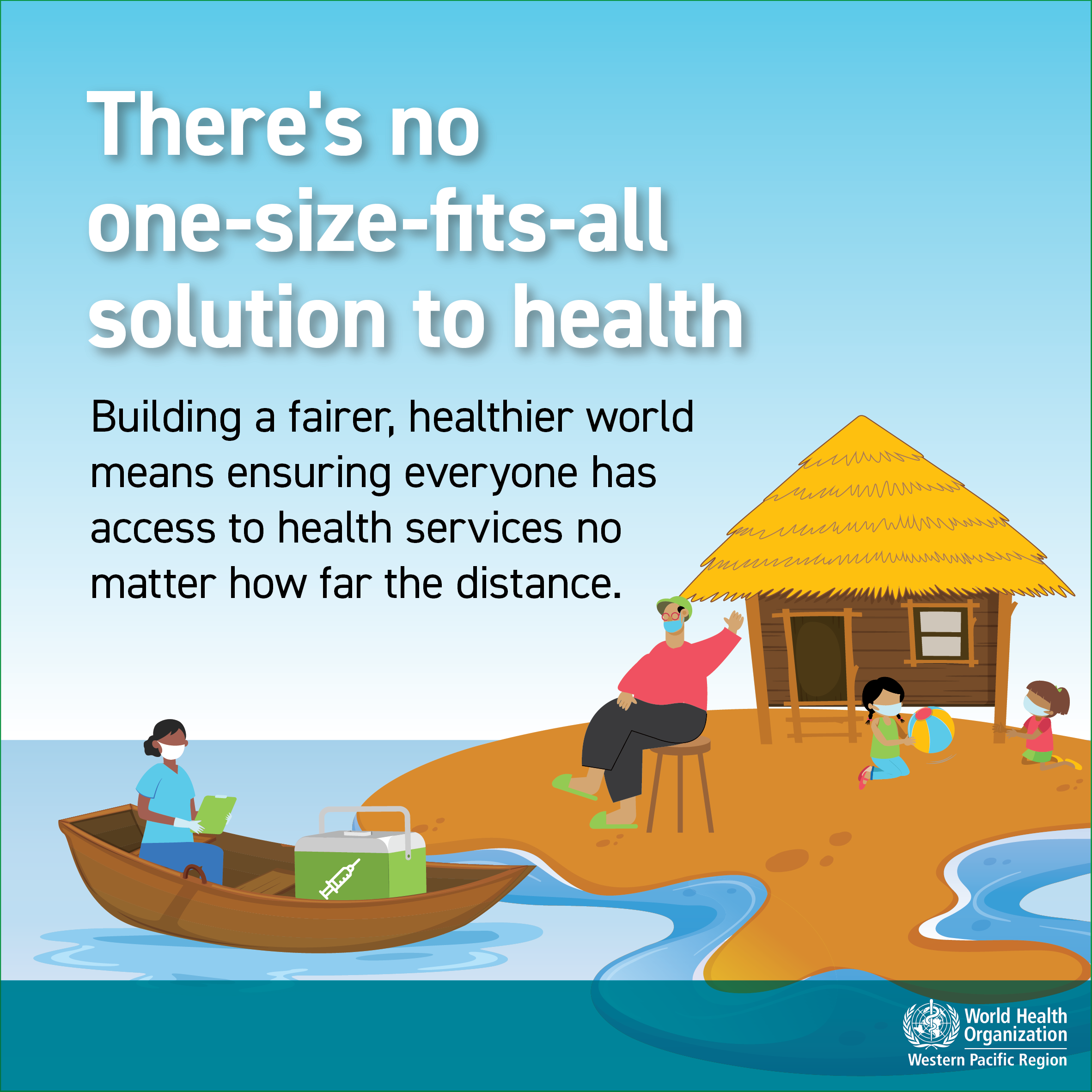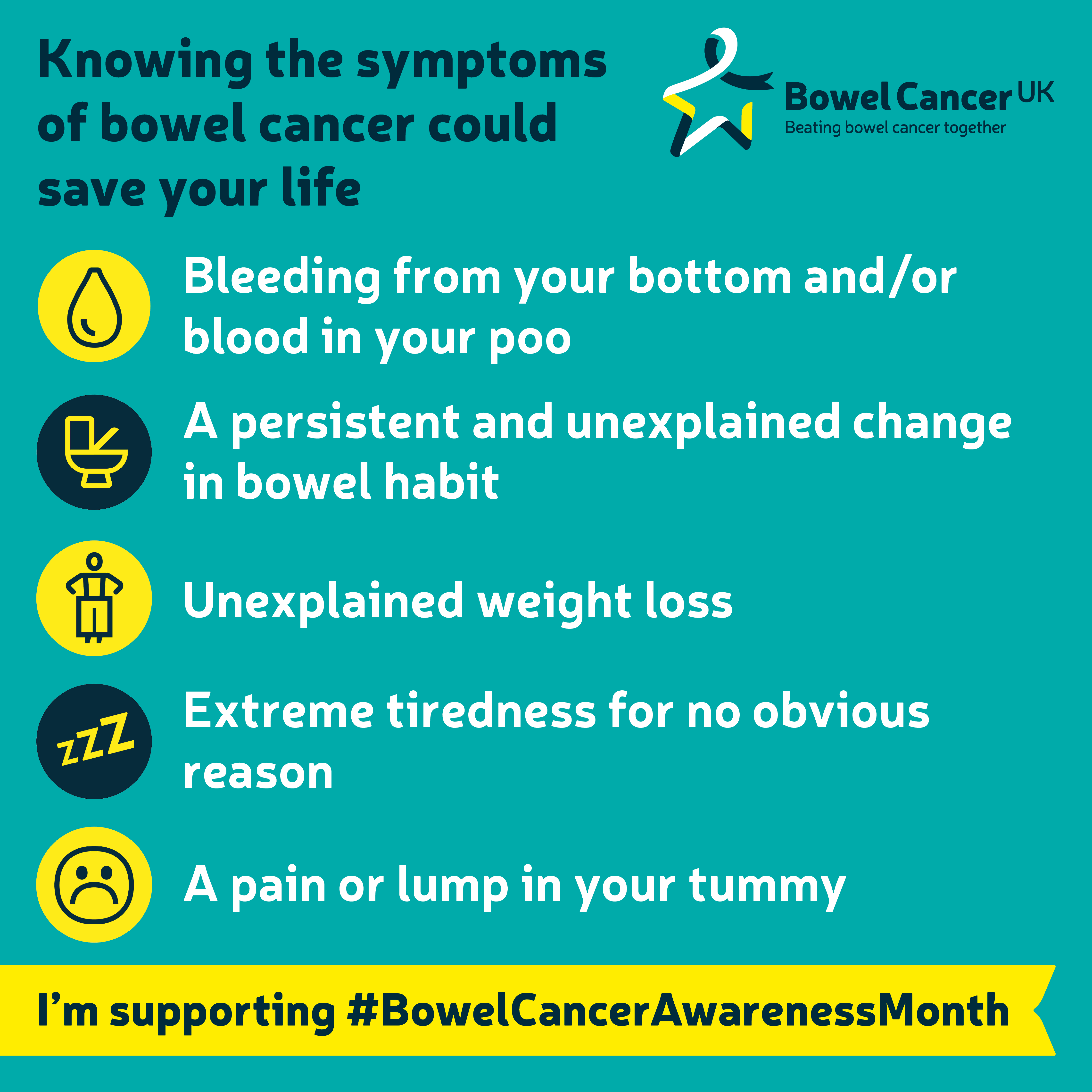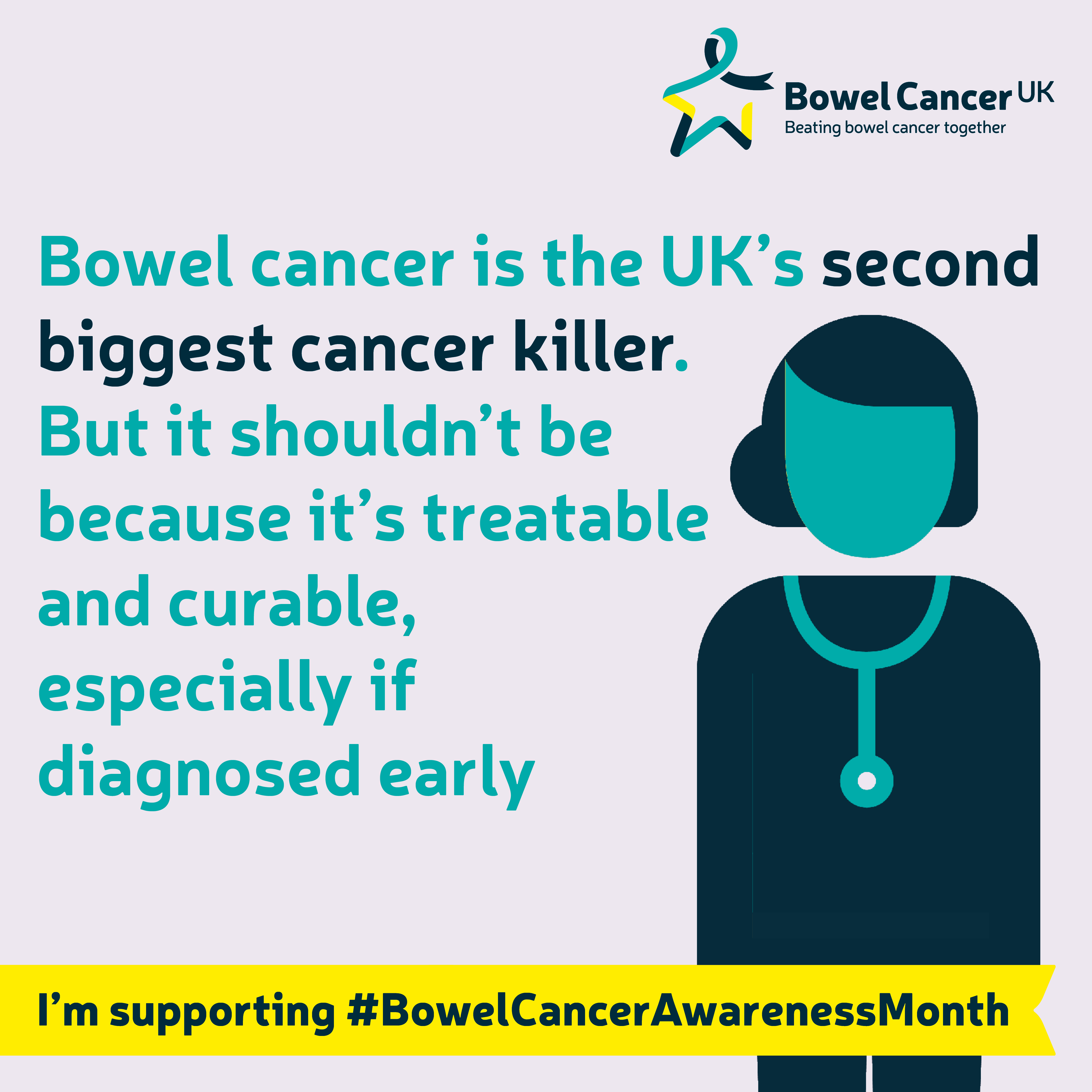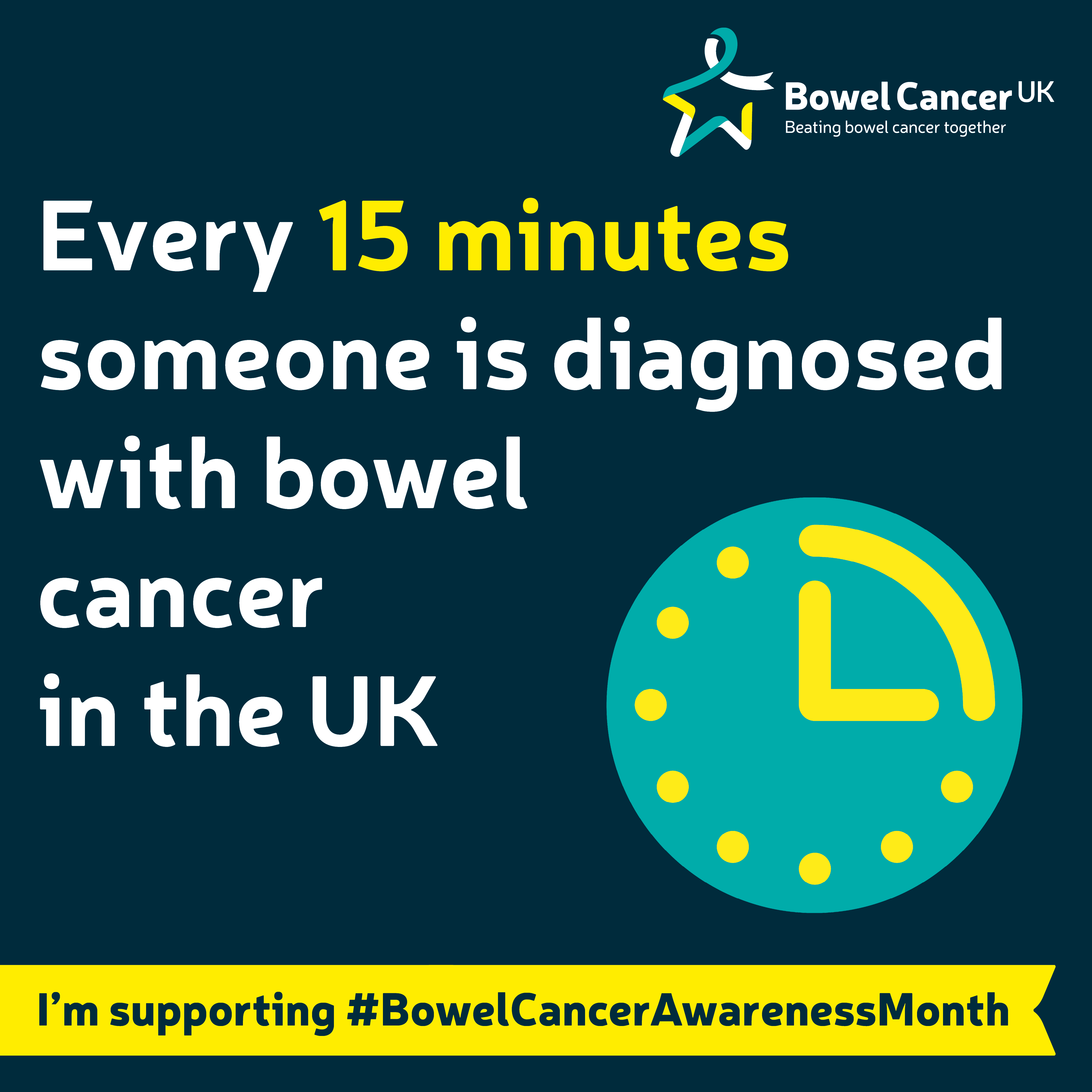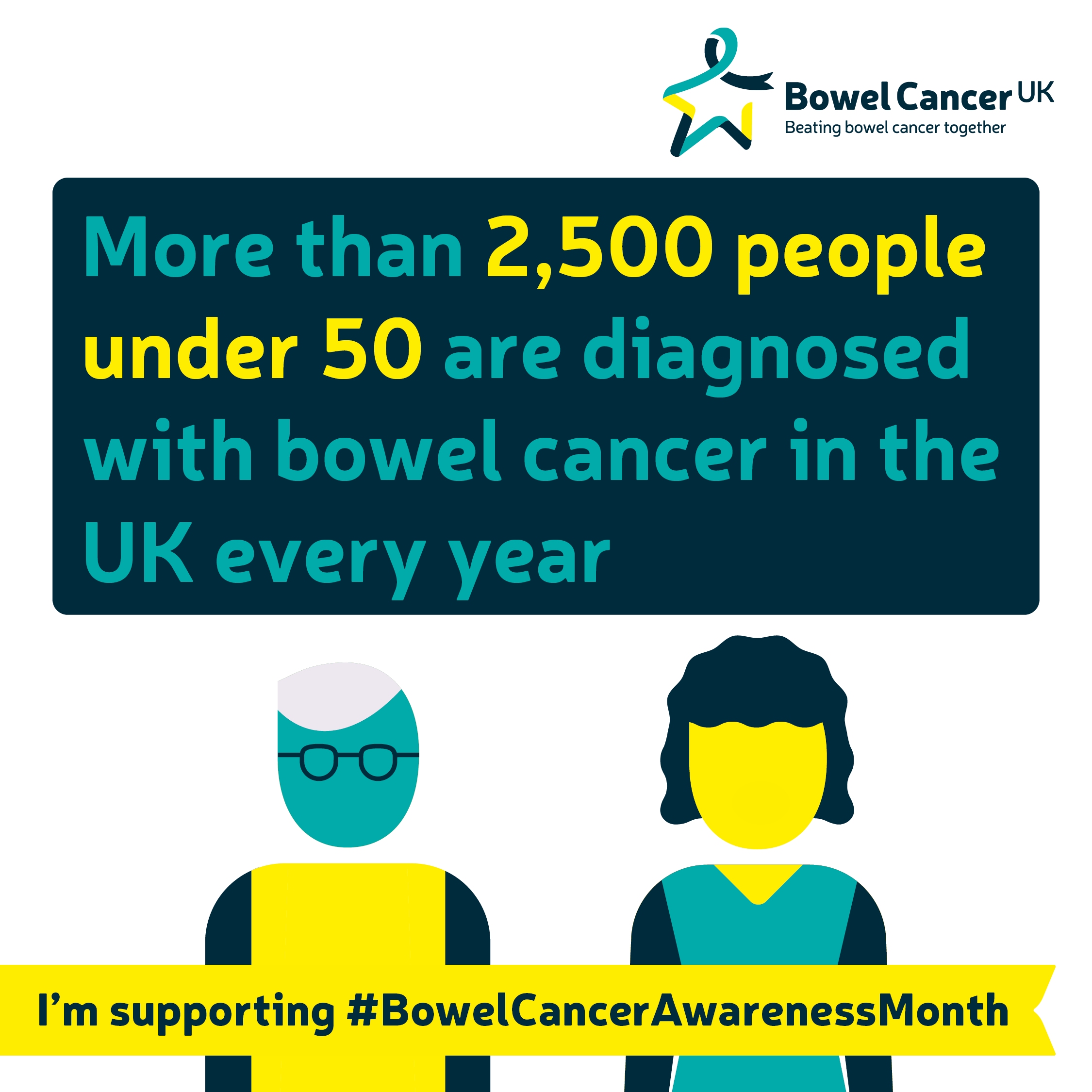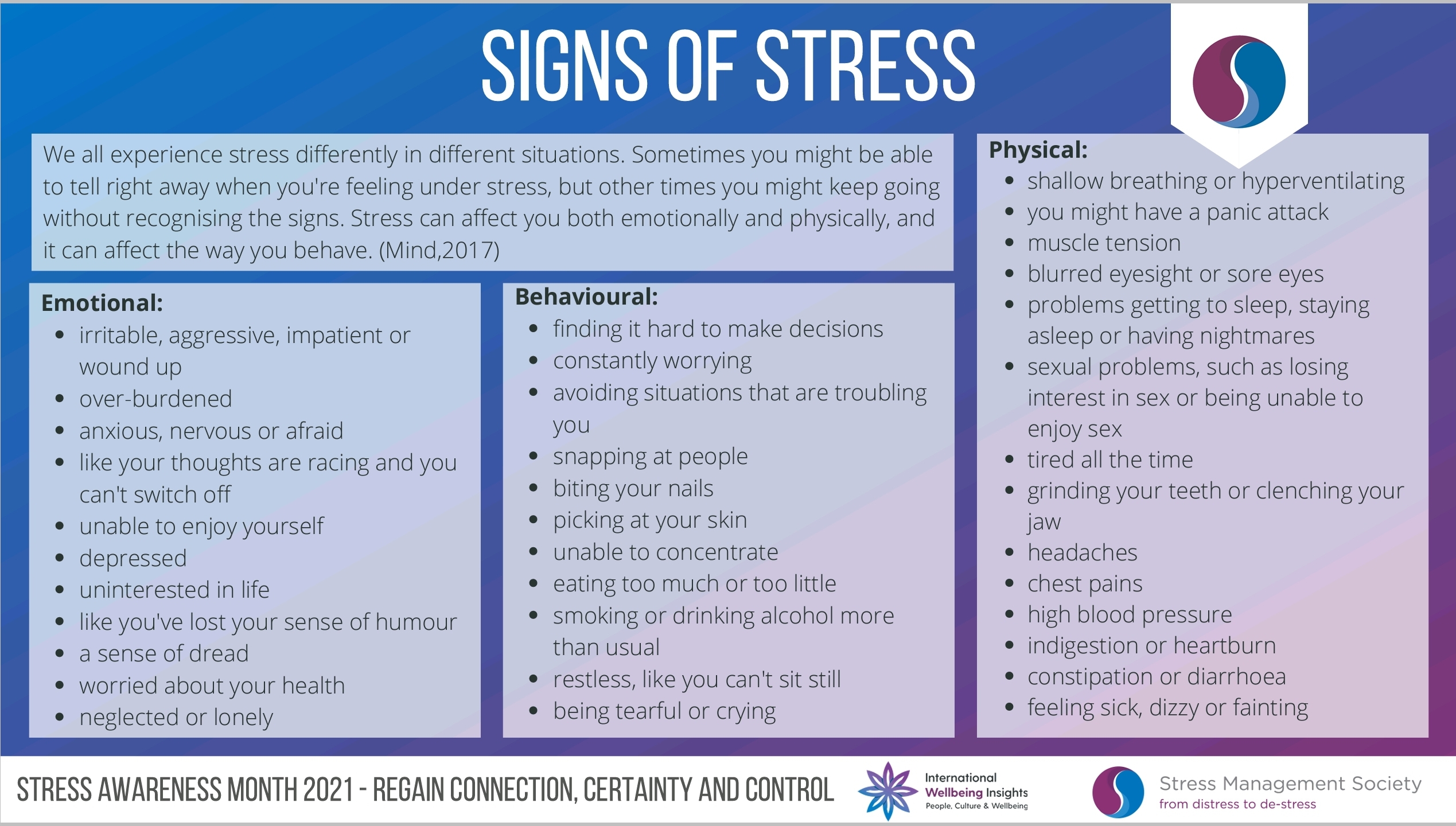With the uncertainty the pandemic brings, many children and young people are spending more time outside of their normal routines, with social media being a common go to for many to ‘pass the time’. This article will explore some considerations around social media use in young people for you to be mindful of to ensure it does not impact their physical or mental wellbeing adversely. The end of this article will focus particularly on online grooming.
Why is social media use in children and young people such an important topic to talk about? Well, many data sources suggest that more than 2.8 million children in the UK own a smart device, with the usage of children on social media tripling in recent years, with use to increase greatly during the Coronavirus lockdown. Gaming is the most common smart device activity in children aged between 8-15 years old and young people are accessing online content in private instead of amongst company like friends or family.
You may be surprised to hear that the average age a child receives their first smart phone is 10. With the average age a child starts their first social media account 12. To provide some context the minimum age for a Facebook profile is 13.
During times like the current situation we find ourselves in now as a result of COVID-19, the average use of social media and technology by children and young people is likely to increase dramatically, so it is going to be really helpful to recognise that and be mindful of how we can maintain positive mental and physical wellbeing for all at this time, whilst safeguarding the young people in our lives against things like online grooming and receiving/viewing disturbing content.
Before we look at the potential adverse impacts social media, or shall we say, overuse of social media has, let’s look at some of the many positives. Social media and technology can be a useful tool for our children:
• Contact during emergencies
• Track location
• Maintaining social contact with friends and family during lockdown
• Monitor what content they are accessing
• Access information for studies and learning
Though there are many positives to social media and technology, there can be worries or impacts to our child’s wellbeing and safety if we use social media or technology too much, or use it for the wrong reasons, or in the wrong ways. Some of these worries or impacts can be:
• Online grooming
• Cyber Bullying
• Addiction (such as social media or gaming addiction)
• Social isolation
• Accessing or being sent inappropriate or distressing content
• Poor physical health
• Costs of replacing expensive devices
Since our first release of this article there have been various charities and police forces throughout the UK who have seen an increase in online grooming cases of young people, which they attribute to the increased time spent online by children during lockdown. You may find the following BBC video interesting to watch which highlights the extent of what online grooming can look like. Please note that there is a disclaimer on the video warning of potential disturbing scenes;
Some of the signs you can look out for if you suspect that your child is engaging in contact with someone they shouldn’t be and are potentially being exploited are things like:
• Talking about older/new friends they have met online
• Talking about gifts or money they have received
• Becoming withdrawn or secretive
• Having a new phone or more than one phone
• Receiving a large number of calls or messages
• Worried about being away from their phone
Here are some top tips for you to consider to help manage and monitor your child’s time spent accessing social media and technology during lock down:
• Set WIFI limits or exclusion times at home
• Speak to your network provider about setting age restrictions when accessing content
• Speak to your network provider about setting data use limits
• Be mindful that filters and parental controls can differ from WIFI to WIFI as well as when using Data
• Encourage physical activity and exercise breaks
• Openly talk to your child about who they speak to online and encourage blocking or reporting of accounts or messages they receive
• Depending on your device, there are Apps which can monitor what your child is accessing and often set permissions for app purchases and downloads. For example on Android devices there is an App called “Android Parental Control”
You may find the following resources useful in obtaining additional information from this article. Many have their own dedicated section around online grooming along with a site where you can learn about apps and what they do:
• https://www.nspcc.org.uk/keeping-children-safe/online-safety/
• https://www.thinkuknow.co.uk/parents/Support-tools/home-activity-worksheets/
• https://www.ceop.police.uk/safety-centre/
• https://www.net-aware.org.uk/
• www.childrenssociety.org.uk
If you feel you may need some support, you can also contact Care first. Care first is a leading provider of confidential, professional counselling, information and advice services.
All employees are eligible to use Care first, our services include; telephone counselling, information services and online support. Call Care first on the Freephone number provided by your organisation and you can speak to a professional in confidence.
We will be discussing this topic further via webinar on Thursday 8th April at 12pm. Please feel free to join the live session by registering at this link https://attendee.gotowebinar.com/register/6471846801214446091.
If you cannot make the session live you can watch it back at your convenience afterwards using the same link.

